
Noor Jehan, sometimes spelled Noorjehan also known by her honorific title Malika-e-Tarannum, was a Pakistani playback singer and actress who worked first in British India and then in the cinema of Pakistan. Her career spanned more than six decades. Considered to be one of the greatest and most influential singers in the Indian subcontinent, she was given the honorific title of Malika-e-Tarannum in Pakistan. She had a command of Hindustani classical music as well as other music genres.

Mughal-e-Azam is a 1960 Indian epic historical drama film produced and directed by K. Asif. Starring Prithviraj Kapoor, Dilip Kumar, Madhubala, and Durga Khote, it follows the love affair between Mughal Prince Salim and Anarkali, a court dancer. Salim's father, Emperor Akbar, disapproves of the relationship, which leads to a war between father and son.
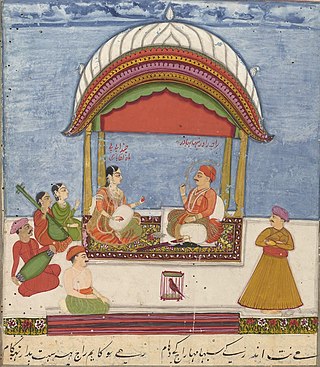
A tawaif was a highly successful courtesan singer‚ dancer‚ and poet who catered to the nobility of the Indian subcontinent, particularly during the Mughal era. Many tawaifs were forced to go into prostitution due to a lack of opportunities by the time of the British Raj.
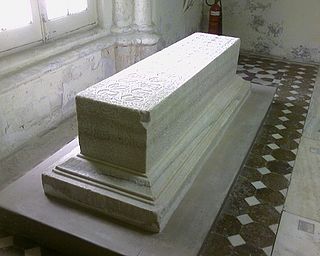
Anarkali is a legendary lady said to be loved by the 16th-century Mughal Prince Salim, who later became Emperor Jahangir. According to some accounts, Anarkali was the nickname of the tawaif Sharf-un-Nisa, though scholars hold varying opinions.
Syed Shaukat Hussain Rizvi was a Pakistani actor, film producer and director. He is widely considered as a pioneer of the Pakistani film industry.
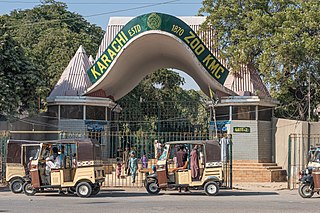
The Karachi Zoo, also known as Karachi Zoological and Botanical Gardens, formerly known as Gandhi Garden, is located in Garden East, Karachi, Sindh, Pakistan. Established in 1899, it is the largest zoo of Pakistan and second oldest zoo in the country after Lahore Zoo.
Ghulam Haider (1908 – 9 November 1953), also known by the honorary title Master Ghulam Haider, was a Pakistani music composer who worked both in India and later in Pakistan after its independence in 1947.
Muhammad Aurangzeb or Qateel Shifai was a Pakistani Urdu poet and lyricist.

Mujra is a dance performance by women in a format that emerged during Mughal rule in India, where the elite class and local rulers like the nawabs of the Indian society used to frequent tawaifs (courtesans) for their entertainment.

Shyama was an Indian actress who appeared in Hindi films. She was active between 1945 and 1989, and is best known for her roles in Aar Paar and Barsaat Ki Raat.

The culture of Lahori People is a manifestation of the lifestyle, festivals, literature, music, language, politics, cuisine and socio-economic conditions of its people. It is characterised by the blending of South Asian, Middle Eastern, Central Asian and Western influences.

Anarkali is a 1966 Malayalam-language romance film based on the historical love story between Prince Salim and Anarkali. Directed and produced by Kunchacko, the film was a direct adaptation of the 1953 Hindi film of the same name. The film stars Prem Nazir and K. R. Vijaya, with Sathyan, Thikkurissy, Ambika and Kottarakkara Sreedharan Nair playing other major roles.
Abdul Rasheed Attray, also known as Rasheed Attre, was a Pakistani film score composer.

Sahib Jamal was the wife of Prince Salim, the future Mughal emperor Jahangir and the mother of his second son, Prince Parviz.
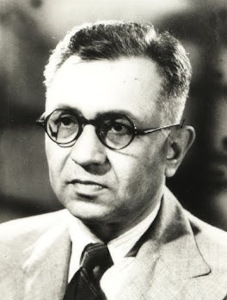
Syed Imtiaz Ali Taj was a Pakistani dramatist who wrote in the Urdu language. He is best known for his 1922 play Anarkali, based on the life of Anarkali, that was staged hundreds of times and was adapted for feature films in India and Pakistan, including the Indian film Mughal-e-Azam (1960).
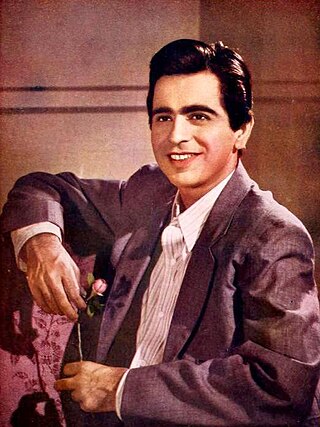
Dilip Kumar was an Indian actor. He made his acting debut in 1944 with Jwar Bhata. The 1947 drama Jugnu opposite Noor Jehan was his first major success. Nadiya Ke Par was similarly that year's highest grossing Indian film. In 1949, he featured alongside Raj Kapoor in Mehboob Khan's Andaz opposite Nargis. This love triangle at the time of its release was the highest-grossing Indian film ever.

Karan Dewan was an Indian cinema actor in Hindi films. He worked in over seventy films from 1941 to 1979. He started as a journalist while still in college, editing a film-based magazine in Urdu. His brother was the film producer and director Jaimani Dewan.
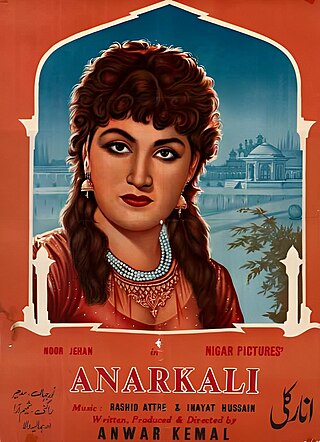
Anarkali is a 1958 Pakistani historical drama film, directed by Anwar Kamal Pasha and starring Noor Jehan and Sudhir in lead roles. Based on the Urdu play of the same name by Imtiaz Ali Taj, the screenplay is written by Qamar Ajnalvi. The film revolves around the love of Jahangir for a slave girl Anarkali which creates a serious conflict between Prince Jahangir and his father, Mughal emperor Akbar. The film was released on 4 June 1958 and its performance was 'average' at the Box Office.












